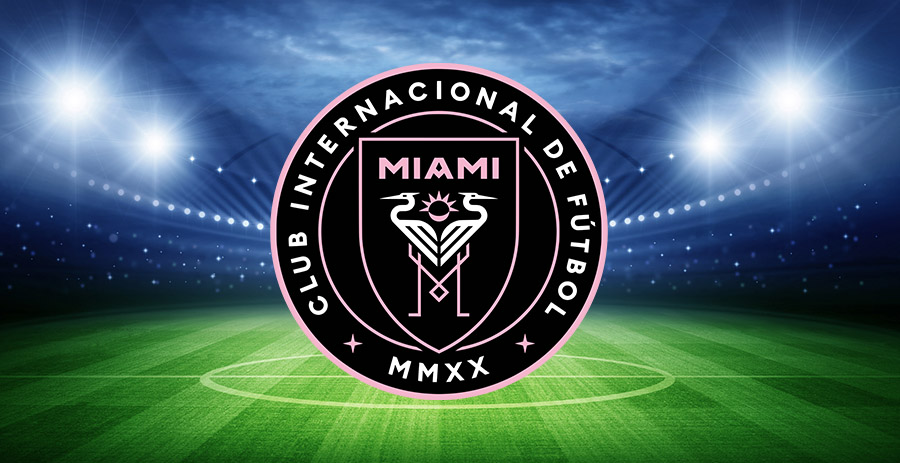Imagine a bustling marketplace where digital treasures are bought and sold, transactions happening at lightning speed with a virtual currency known as Robux. You might have pondered at some point: is Robux truly a currency? As you navigate through the complexities of this virtual economy, exploring the intricacies of what defines a currency, the characteristics of Robux, and the challenges it faces in being recognized as a legitimate form of money, a deeper understanding of its role in the gaming world begins to emerge. But as you delve deeper into this topic, you’ll realize that the answer might not be as straightforward as it seems, prompting you to question the very nature of what we consider currency to be. Read Free Robux Generator No Survey
The Definition of Currency
- Currency, defined as a medium of exchange widely accepted within a specific region or group, plays a crucial role in facilitating trade and commerce. The value of currency is derived from the trust and confidence that people place in it, making it essential for economic transactions to occur smoothly.
- The definition of currency encompasses physical forms like coins and paper money as well as digital currencies such as cryptocurrencies like Bitcoin. It serves as a unit of account, allowing for the comparison of the value of different goods and services. Moreover, currency acts as a store of value, enabling individuals to save their wealth for future use.
- The value of currency fluctuates based on various factors like supply and demand, economic stability, inflation rates, and geopolitical events. Central banks often regulate the value of fiat currencies by adjusting interest rates and implementing monetary policies. Understanding the definition and value of currency is crucial for individuals and businesses to navigate the complexities of the financial world effectively.

Characteristics of Robux
Moving from the general concept of currency, Robux, the virtual currency used within the online gaming platform Roblox, possesses unique characteristics that set it apart in the digital economy.
In the virtual economy of Roblox, Robux plays a crucial role as the primary medium of exchange for in-game purchases. Unlike traditional currencies, Robux is solely digital and exists solely within the confines of the Roblox platform, making it a closed-loop system.
One of the key characteristics of Robux is its exclusivity to the Roblox platform, limiting its use to virtual goods and services within the game. This exclusivity creates a demand for Robux among players looking to enhance their gaming experience through in-game purchases. Additionally, Robux can be acquired through various means within the platform, such as game sales, developer products, and microtransactions, making it a versatile virtual currency tailored to the gaming ecosystem.
Furthermore, the ability to exchange Robux for real money through the Roblox Developer Exchange program blurs the lines between virtual and real-world economies, offering players a unique opportunity to monetize their gaming skills and creations. This feature adds a layer of complexity to Robux, positioning it as a hybrid currency with tangible value both in the virtual and real worlds.
Comparing Robux to Traditional Currencies
- When comparing Robux to traditional currencies, one notable distinction lies in their physical form and circulation mechanisms. Robux, the virtual currency in the online platform Roblox, exists purely in digital form, unlike traditional currencies that have physical counterparts like coins and banknotes. This impacts how Robux is circulated within the Roblox ecosystem, primarily through in-game purchases, developer exchanges, and user-to-user transactions. In contrast, traditional currencies operate within established financial systems, including banks, ATMs, and physical transactions.
- Another point of comparison is Robux valuation compared to traditional currencies. The value of Robux is determined by the Roblox economy, influenced by factors such as demand for virtual items, developer pricing strategies, and platform updates. On the other hand, traditional currencies derive their value from economic factors like inflation, interest rates, and geopolitical events.
Challenges to Robux’s Currency Status
- The comparison between Robux and traditional currencies highlights significant differences in their physical form and circulation mechanisms, setting the stage for examining the challenges to Robux’s currency status.
- One major challenge to Robux’s currency status lies in regulatory concerns. As Robux is a virtual currency primarily used within the Roblox platform, it operates within a closed system controlled by the platform’s administrators. This lack of decentralization and oversight raises questions about its classification as a true currency under existing regulatory frameworks.
- Moreover, the economic implications of Robux’s status as a currency are also subject to scrutiny. Unlike traditional currencies that are backed by governments or central banks, Robux’s value is intrinsically tied to the Roblox platform’s ecosystem. This dependency on a single entity for its value raises concerns about stability and susceptibility to external influences.
The Future of Robux in Gaming
- Amidst the ever-evolving landscape of gaming economies, the role of Robux as a virtual currency remains a pivotal aspect shaping the future of in-game interactions and transactions. As virtual economies within games continue to expand and become more sophisticated, the importance of Robux as a medium of exchange is likely to grow. Developers are constantly exploring new monetization strategies to enhance player engagement and increase revenue, and Robux plays a significant role in many of these strategies.
- In the future of gaming, Robux is expected to remain a key player in facilitating transactions within virtual worlds. Its versatility and wide acceptance make it a preferred choice for in-game purchases, offering players a seamless experience when acquiring virtual goods and services. As games become more interconnected and complex, Robux provides a unified currency that transcends individual game boundaries, allowing for a more cohesive experience across different gaming platforms.
Conclusion
In conclusion, while Robux exhibits many characteristics of a currency such as being used for transactions within a specific platform and having a value assigned to it, it falls short of being recognized as a traditional currency due to limitations in its usability outside of the gaming world. Despite this, Robux continues to play a significant role in the gaming industry and will likely evolve to adapt to changing trends and technologies in the future.


